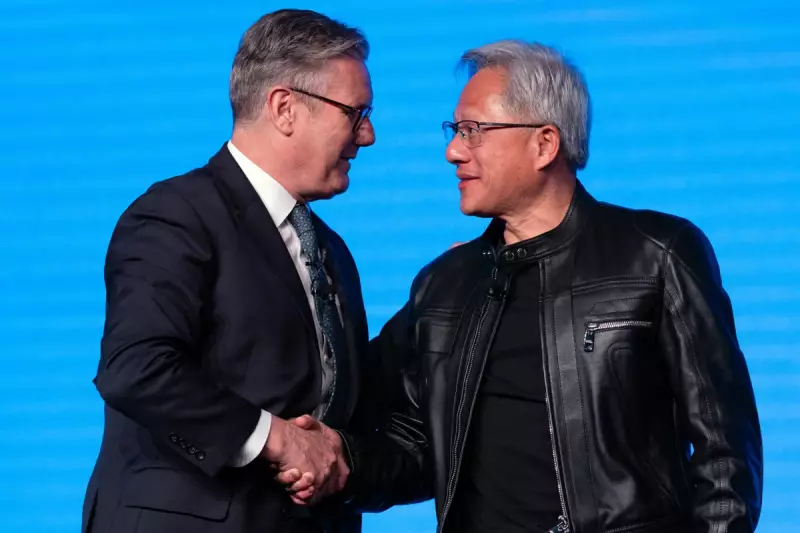
In a move of strategic necessity, the British government has entered into covert negotiations with the world's most powerful artificial intelligence companies to secure a vital supply of high-performance computer chips, The Independent can disclose.
The clandestine talks, involving industry titans OpenAI, chip-manufacturer NVIDIA, and other major players, are a direct response to growing fears that a second Donald Trump presidency could trigger a devastating ban on the export of critical semiconductor technology from the United States.
A Preemptive Strike Against Political Volatility
Whitehall insiders have confirmed that the initiative is a preemptive measure to future-proof the UK's burgeoning AI sector against potential geopolitical shocks. The concern centres on the possibility that a re-elected Trump administration could weaponise export controls, cutting off the lifeblood of modern AI development and crippling Britain's strategic ambitions to become a global leader in the field.
This high-stakes dialogue underscores a stark realisation within Westminster: the UK's AI revolution is almost entirely dependent on a supply chain vulnerable to the whims of US politics.
The NVIDIA Dilemma
At the heart of the issue is the overwhelming dominance of California-based NVIDIA, whose graphics processing units (GPUs) are the undisputed gold standard for training and running advanced AI models like ChatGPT. With no comparable domestic alternative, the UK's national security and economic planning are effectively held hostage by a foreign corporation and the potential policies of a foreign government.
The proposed deal aims to create a stable, long-term arrangement that would guarantee access to these essential components, irrespective of the outcome of the upcoming American election.
Rishi Sunak's Global AI Summit Legacy
These negotiations are a tangible, if secretive, follow-up to Prime Minister Rishi Sunak's very public hosting of the first global AI Safety Summit at Bletchley Park last year. While that event focused on the long-term existential risks of AI, these current talks address a more immediate and tangible threat: the physical hardware required to build it.
The government's action signals a pragmatic shift from theoretical discussion to operational safeguarding, recognising that leadership in the age of AI requires not just ideas, but also uninterrupted access to powerful technology.





